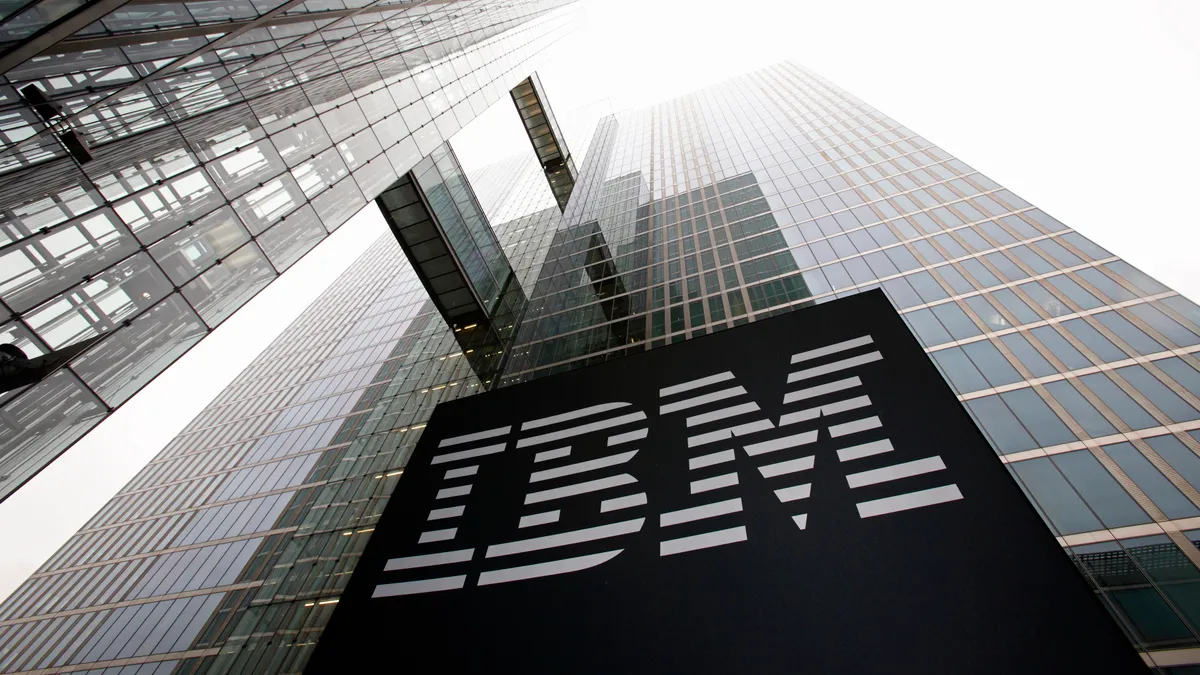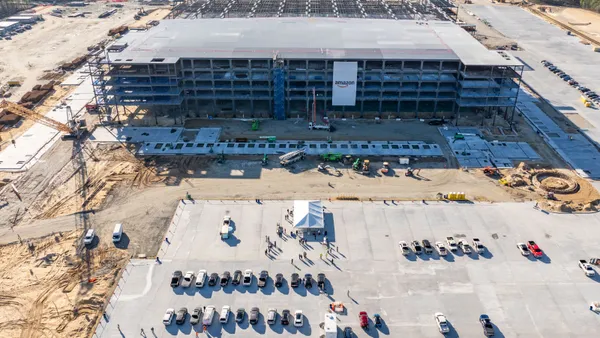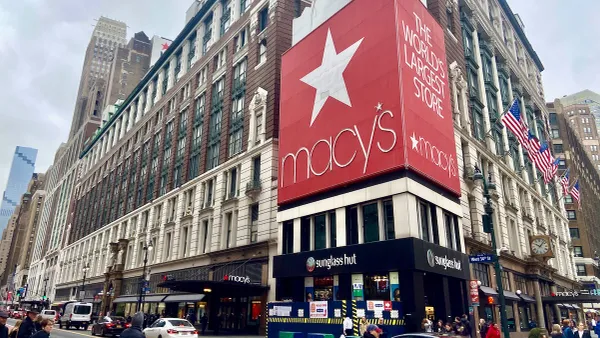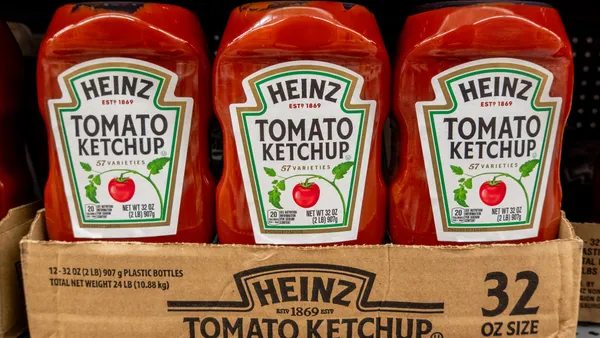Dive Brief:
- Ford and IBM, along with other partners, are piloting a blockchain solution that will allow cobalt to be tracked from the mine to the end user, according to a company press release.
- They have partnered with companies at every step of the supply chain, including a mine in the Democratic Republic of Congo, with the goal of creating a "blockchain platform that could ultimately be used to trace and validate a range of minerals used in consumer products."
- "Initially, the miner — in this case Huayou — will add data into the blockchain at the point cobalt is bagged and tagged," Hannah Slocum, an IBM spokesperson told Supply Chain Dive in an email. "For key events like smelting, refining, etc., the inputs and corresponding outputs are added to the blockchain." She said shipping events are also entered in the ledger.
Dive Insight:
This blockchain implementation by IBM, Ford, Huayou Cobalt, LG Chem and RCS Global is an attempt to provide more transparency into a supply chain "that previously had none," Slocum said.
Cobalt demand is expected to increase by eight times its current levels by 2026, as it is needed for batteries in everything from smartphones to electric vehicles, IBM said, but the mineral carries ethical concerns. In 2012, UNICEF estimated 40,000 children were working in mines in Congo, which are known sites of cobalt production, according to a report from The Washington Post.
"With a trusted participant entering provenance data on to the blockchain ... supply chain participants can know the percentage of cobalt that is verified to meet the guidelines and in turn can ensure their downstream partners that they too are following these guidelines," Slocum said.
IBM plans to make the solution more widely available for tracing and validating materials after the pilot, which it expects to complete by mid-2019. It will also use the Linux Foundation's Hyperledger Fabric. "The record is automatically updated each time a transaction is recorded and made visible to the permissioned participants in real time," Slocum said.
IBM announced a partnership with MineHub the same day it announced its pilot with Ford. IBM and MineHub will be focused on created a mining supply chain solution using blockchain, according to a press release.
The pilot with Ford isn't the first blockchain project IBM has announced with a Fortune 500 company. The technology company began working with Walmart last year on a blockchain project for tracking leafy greens. This was done in an effort to better know where orders come from and avoid batches that could cause foodborne illness. But some people are skeptical about the ability of blockchain to really be that much better than a traditional online database.
"You can fabricate blockchain just as easy as anything else," Sarah Taber, an independent food safety consultant who performs food safety audits on farms across the country, told Supply Chain Dive last year. "It's treated like a guarantee and it's just not. It's just a ledger where you keep entries."
Blockchain also doesn't protect against what happens to the physical product. A box of lettuce could still be opened and replaced with something else, as The New York Times pointed out in a story on the same Walmart effort.
Altering the information within the blockchain, though, is difficult and one of the points highlighted by IBM.
"In a permissioned blockchain network, which is what we have announced, participants are known to one another, so were there a bad actor trying to alter the ledger, the actions could easily be seen by other participants," Slocum said. "Furthermore, if fraudulent, or even accidental, activities occur 'off-chain,' the system will show an incomplete chain, giving the network insight as to where an issue may be happening so it can be addressed. This way, users can ensure that the data on the blockchain maintains its integrity."















